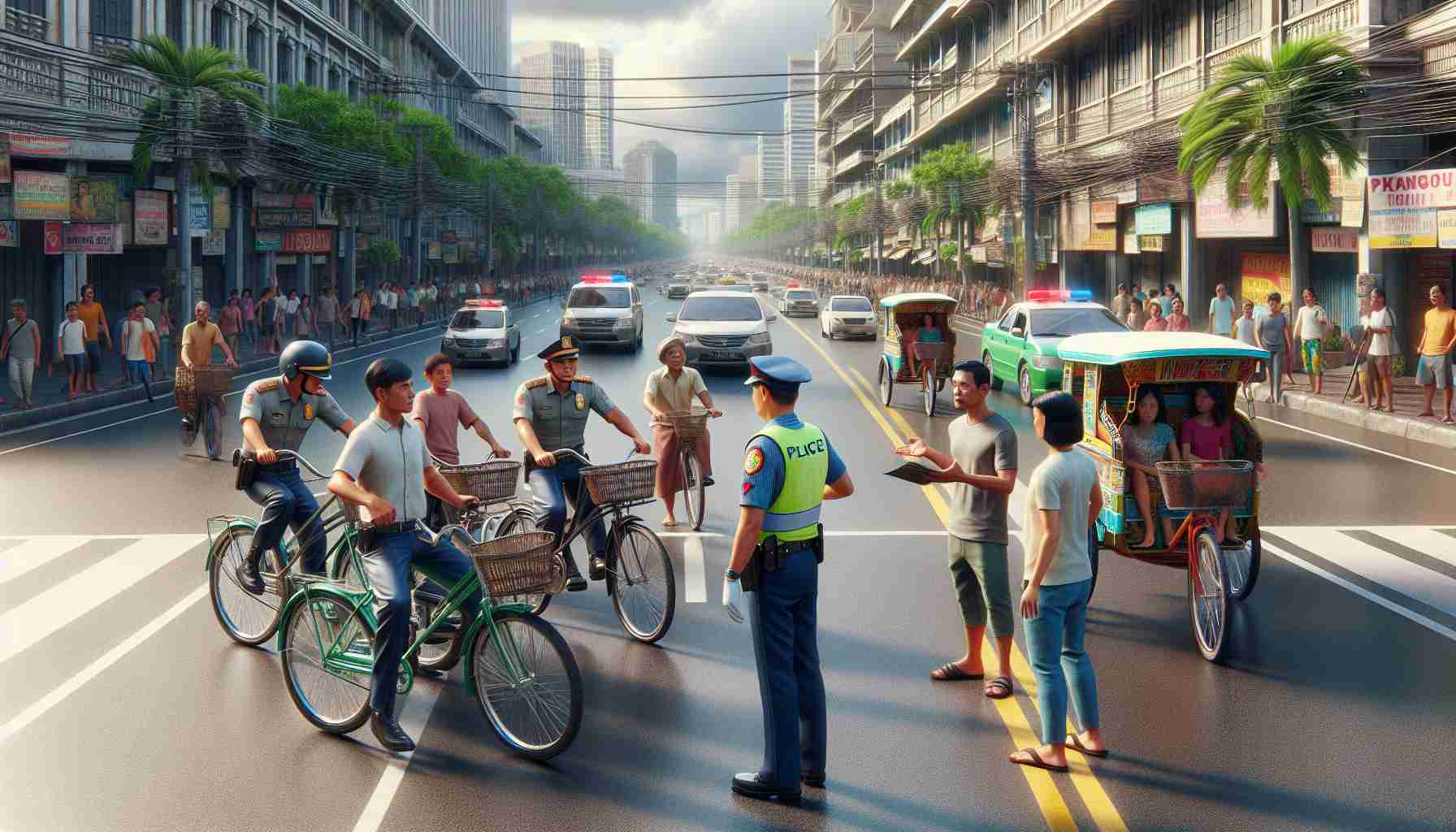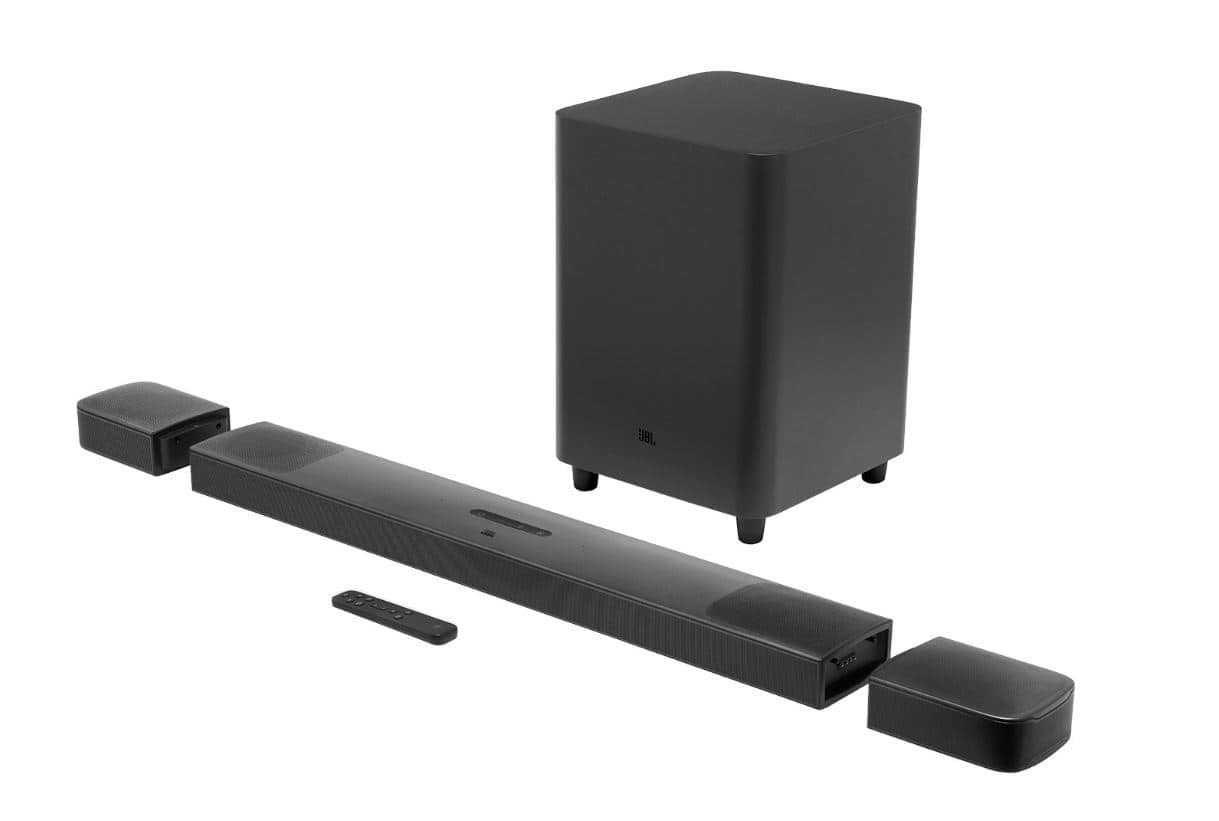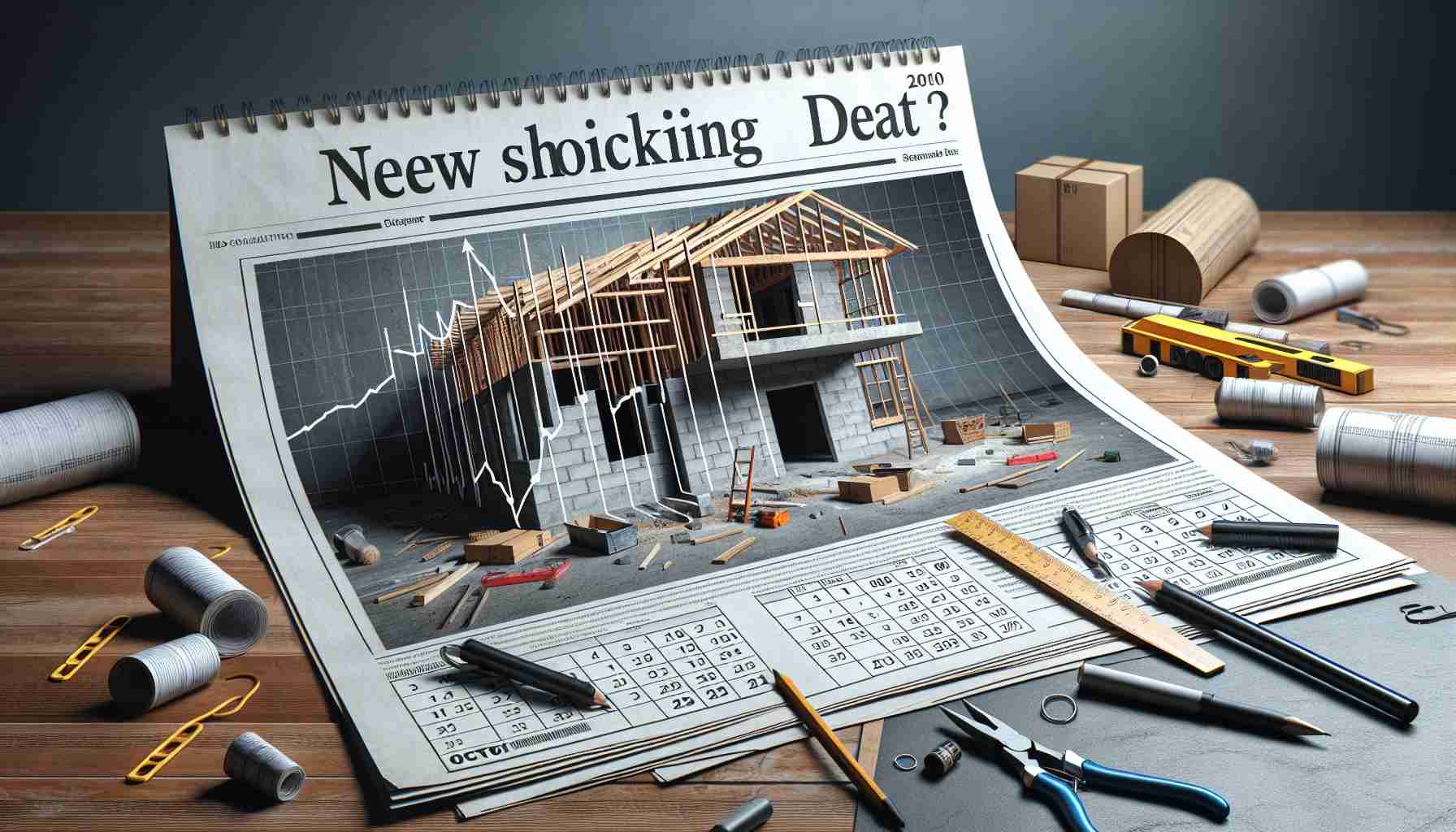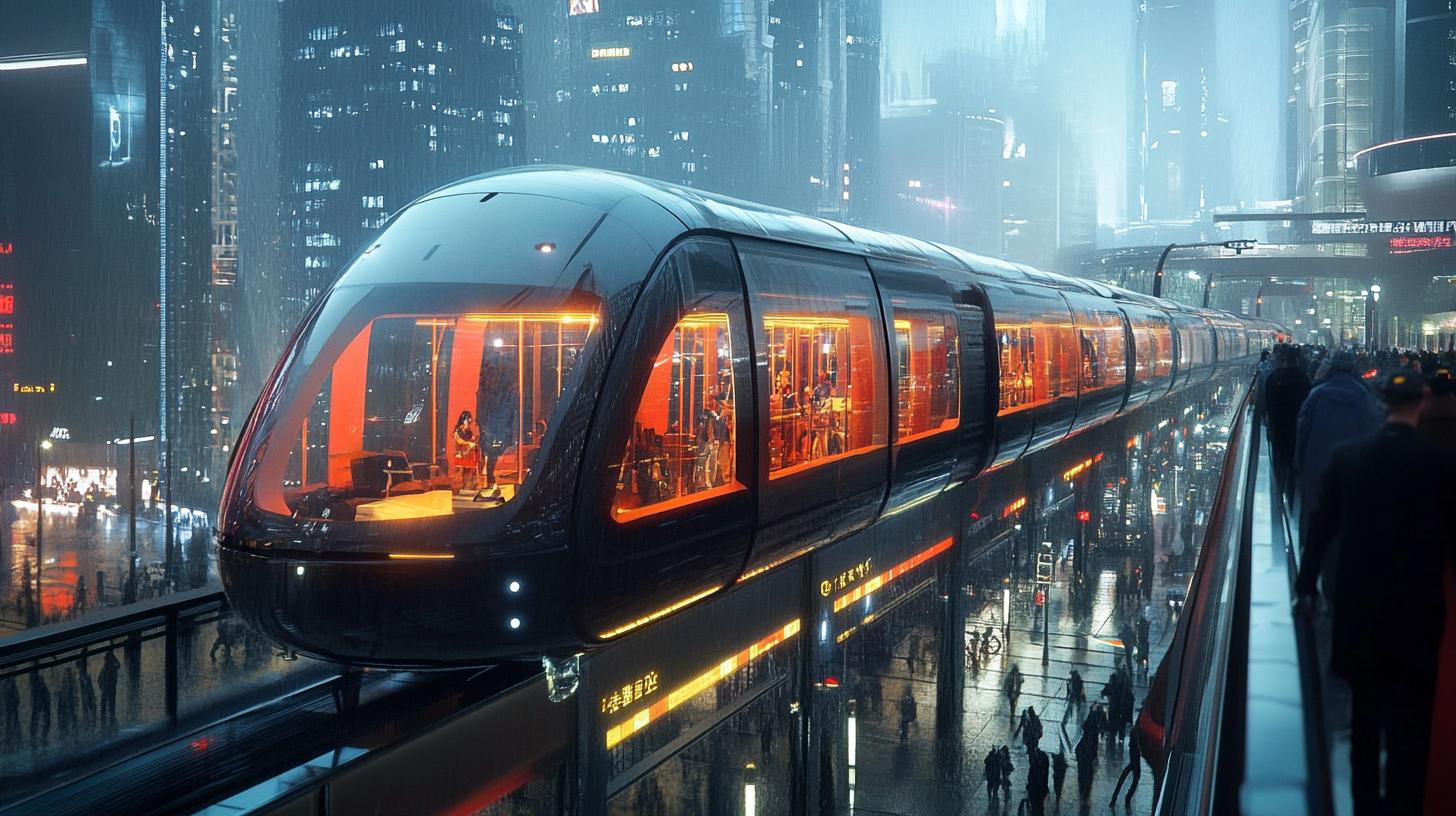The Metropolitan Manila Development Authority (MMDA) and Manila city government have recently announced a new prohibition on certain light electric vehicles on major roads, effective from April 15. The ban includes electric bicycles (e-bikes), tricycles (e-trikes), pushcarts, pedicabs, kuliglig, and other similar vehicles.
To ensure the smooth flow of traffic and enhance road safety, the MMDA and Manila government have identified several major roads where the use of these light electric vehicles will be restricted. These roads include Recto Avenue, Quirino Avenue, Araneta Avenue, Epifanio delos Santos Avenue, Katipunan/C.P. Garcia Avenue, Southeast Metro Manila Expressway, Roxas Boulevard, Taft Avenue, Osmeña Highway or South Super Highway, Shaw Boulevard, Ortigas Avenue, Magsaysay Boulevard/Aurora Boulevard, Quezon Avenue/Commonwealth Avenue, A. Bonifacio Avenue, Rizal Avenue, Delpan Street/Marcos Highway/McArthur Highway, Elliptical Road, Mindanao Avenue, Marcos Highway, Boni Avenue, España Boulevard, and others to be identified by the authorities.
The Manila Public Information Office has also released a statement emphasizing the ban on certain roads within the city. These roads include Recto Avenue, Quirino Avenue, Roxas Boulevard, Taft Avenue, Osmeña Highway, Magsaysay Boulevard, Aurora Boulevard, Rizal Avenue, Delpan Street, and España Boulevard.
To deter potential violators, fines amounting to P2,500 will be imposed on those found using these banned vehicles on the specified roads. In addition to the fines, the vehicles or carts will be impounded if they are unregistered or if the drivers do not possess a valid license.
This new regulation aims to promote road safety and ensure efficient traffic management. By restricting the use of certain light electric vehicles on major roads, the authorities are taking proactive measures to maintain smooth and orderly traffic flow in Metropolitan Manila. The enforcement of this ban will contribute to creating a safer and more organized transportation system for all road users.
Industry Overview:
The ban on certain light electric vehicles in Metropolitan Manila brings attention to the growing electric vehicle industry in the region. Electric bicycles (e-bikes), tricycles (e-trikes), and other similar vehicles have gained popularity in recent years as a sustainable and cost-effective transportation option. The demand for these vehicles is expected to rise with increasing awareness of environmental concerns and the need for efficient urban mobility solutions.
Market Forecasts:
According to market research firm MarketsandMarkets, the global electric vehicle market is projected to reach a value of $802.81 billion by 2027, with a CAGR of 22.6% from 2020 to 2027. This growth can be attributed to factors such as government initiatives for the adoption of electric vehicles, advancements in battery technology, and increasing investments in charging infrastructure.
In the Philippines, the electric vehicle market has been steadily growing. The country aims to become a major market for electric vehicles in Southeast Asia, with the government implementing various measures to promote their use. However, the recent ban on certain light electric vehicles in Metropolitan Manila might pose challenges to the industry’s growth in the region.
Issues Related to the Industry or Product:
The ban on light electric vehicles in major roads raises concerns among industry stakeholders. Some argue that these vehicles provide a sustainable and affordable mode of transportation for many Filipinos, especially in congested urban areas. Restricting their use on major roads might limit their accessibility and hinder their potential to address transportation challenges in Metropolitan Manila.
Furthermore, the ban may have an impact on the livelihoods of those who rely on light electric vehicles for their businesses, such as pedicab and kuliglig drivers. It is crucial for the authorities to consider alternative solutions, such as designated lanes or routes for these vehicles, to accommodate their operations while ensuring road safety and efficient traffic management.
Related Links:
– EVBox – Electric Vehicle Industry
– MarketsandMarkets – Electric Vehicles Market
– Department of Energy Philippines – Electric Vehicle Program






















